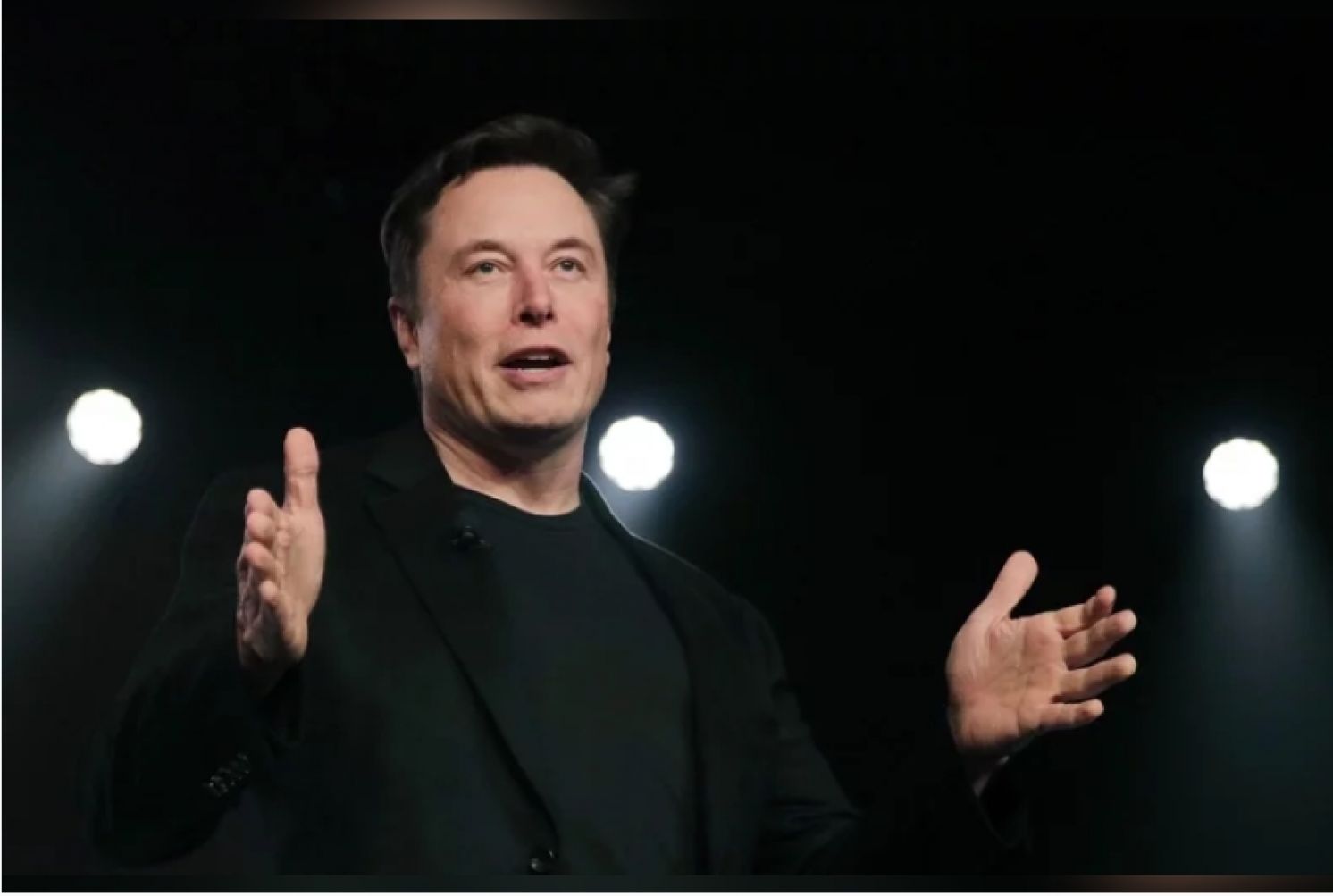
Musk Phenomenon and Ditch Taiwan Theory
Want Daily Editorial, October 15, 2022
In an exclusive interview with Financial Times, Elon Musk, founder of Tesla and SpaceX, expressed his concern over the escalating tension across the Taiwan Strait. According to Musk, if there were a conflict across the strait, Tesla would be involved, Apple could not isolate itself from it; total global economy would suffer a 30-percent loss. He suggested that "a special administration zone" with more autonomy than Hong Kong be established in Taiwan to maintain cross-strait peace. His claim is in tone with the “One Country, Two Systems” formula proposed by Beijing, whereas both sides of the strait have different reactions. Tesla’s suggestion can’t represent all American enterprises but his concern over war has its universality. This war concern exactly accounts for the long-term claim of “ditching Taiwan” in the United States.
“Abandon Taiwan” Argument Cruel But Never Ceased
Although not currently politically correct, the theory of “abandon Taiwan” originated from realist considerations in international relations and has long existed. As early as the late 1960s and early 1970s, American strategists like Henry Kissinger and Zbigniew Brzezinski thought that the United States could no longer ignore China's existence, for recognizing the Republic of China on Taiwan and refusing to deal with Beijing did not conform to international realities. Besides, the United States then seriously wanted to withdraw from the quagmire of Vietnam War to pursue a grand strategy of allying with China against the Soviet Union. Ditching Taiwan to deal with China met American interests. The United States consequently pursued this diplomatic course.
In 2010, China’s gross domestic product (GDP) surpassed Japan’s, and China became the second largest world economy. Its synergetic national power rapidly climbed up, another wave of “ditch Taiwan” surfaced. In 2011, international affairs researcher Paul Kane of Harvard University wrote an article titled “To save our economy, ditch Taiwan” in the New York Times, claiming that Washington should trade Taiwan with Beijing for $1.4 trillion of its national debt. Jake Sullivan, then senior policy advisor to Secretary of State Hilary Clinton and current White House National Security Advisor to President Joe Biden, forwarded this article to Hilary who responded to him saying: "I read the article and thought the idea was smart, let us discuss it"! This might be a joking phrase but at that time there were plenty of heavy weight scholars considered very seriously to trade Taiwan for regional peace.
Zbigniew Brzezinski claimed in 2011 that the United States should amend Taiwan Relations Act to maintain a stable relation with China. In 2014, an article written by John Mearsheimer, the U.S. maestro of international realism, titled “Say Goodbye to Taiwan” and in 2018, another article titled “Rest in Peace Taiwan?”, both articles appeared in National Interest magazine and claimed “ditch Taiwan”, their contents were basically the same but much more pessimistic. He thought China eventually would replace American presence in Asia and Taiwan would not escape from being part of China. Mearsheimer analyzed from the perspective of American national interest: “If Taiwan were to be occupied by China, then the United States would not escalate to a nuclear war level. Betting Taiwan is not worthy of a heated nuclear war risk. Taiwan is not Japan, not even South Korea. Therefore, the wise American strategy is not to expand its nuclear deterrence to Taiwan. The second reason for the United States to eventually abandon Taiwan is: this is a particularly dangerous flash point which easily triggers a U.S.-China war which does not meet American national interest.
U.S. and China Scramble for TSMC, Will not Hesitate to Destroy It
Realism has always been favored by American media. Media, government officials, and scholars all highly value freedom and democracy and consider Taiwan a thriving democracy which shares common values with the United States. The United States has a long-term commitment to Taiwan to maintain its autonomy and resist the military threat from China. Apart from shared values and commitment, with the escalating U.S.-China confrontation, the role of Taiwan is also changing. Besides geopolitics, Taiwan occupies a special place in the global economy, especially in wafer production and supply chains, which has made it become a focal point in the U.S.-China power-wrestling. Musk is concerned that war will disrupt wafer production and supply chains, leading to tremendous global economic losses.
Mr. Musk considers that the price to avoid war is to change the sovereignty status of Taiwan. This is another extension of the "abandon Taiwan" theory. Now some Americans think that to avoid high-end wafer production falling to Beijing's hands, the best course is to make high-end production return to the United States. In case temporary transplant is not feasible at the breakout of war, the United States may destroy plants of the Taiwan Semiconductor Manufacturing Company (TSMC), withdrawing senior engineers to protect high-end production techniques from being leaked. This claim of transplanting and destroying TSMC is also a kind of “abandon Taiwan” theory. Both "abandon Taiwan" theories originate from the same starting point: skepticism that the American deterrence or commitment can safeguard Taiwan from China's threat. The view reflects that the United States has lost its ability to deter China's reunification by force and is unable to prevent war in Taiwan from causing great destruction.
The claim by Mr. Musk is not worthy a penny, but his view represents that American businesses are to worry seriously about war across Taiwan Strait. This may be called the “Musk phenomenon." Taiwan should contemplate seriously: Once more and more American businesses do not believe that the United States can deter Beijing's ambitions, the social climate will change, and politics will shift accordingly. How can Taiwan make advance deployments against the “Musk phenomenon?”
From: https://www.chinatimes.com/amp/newspapers/20221015000571-260301